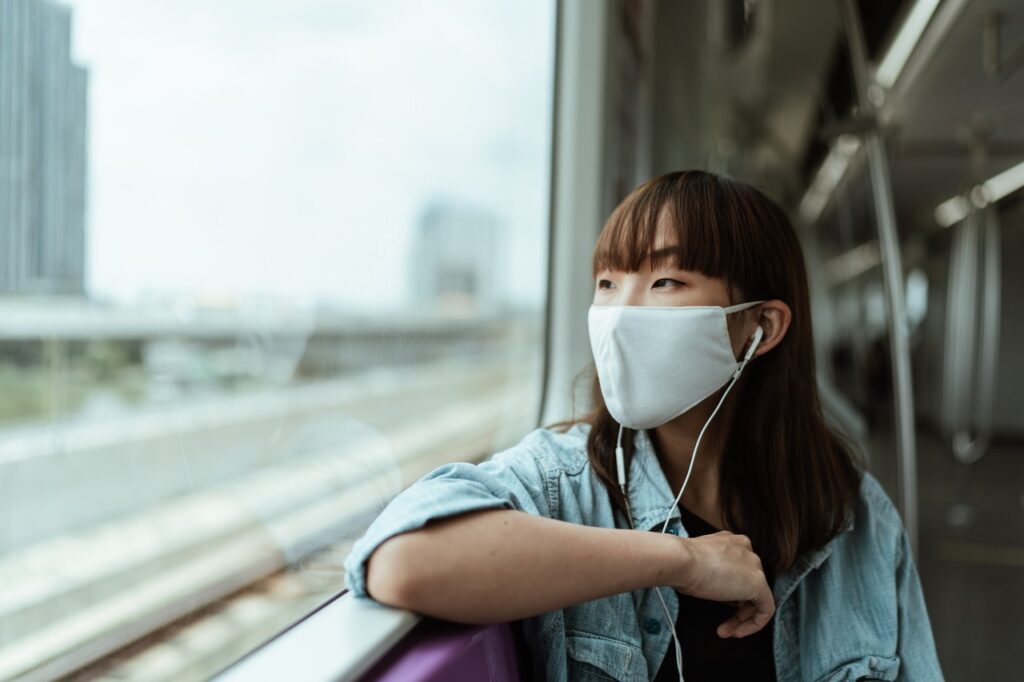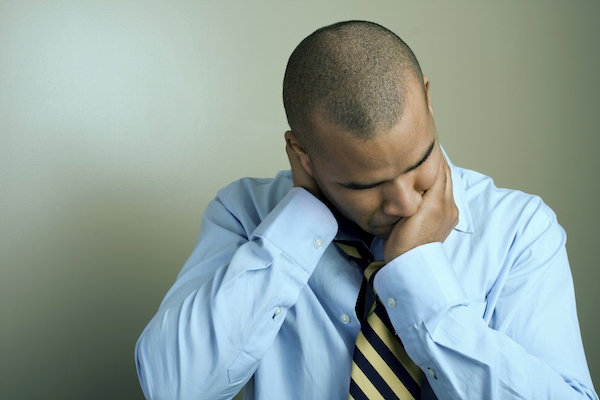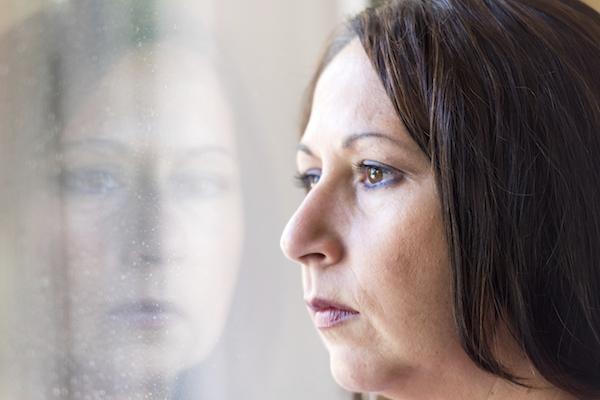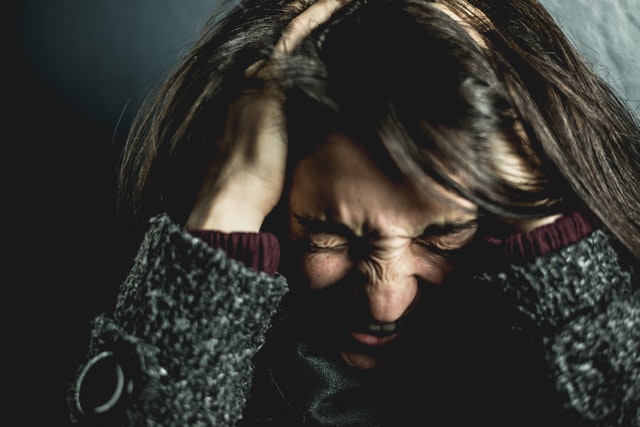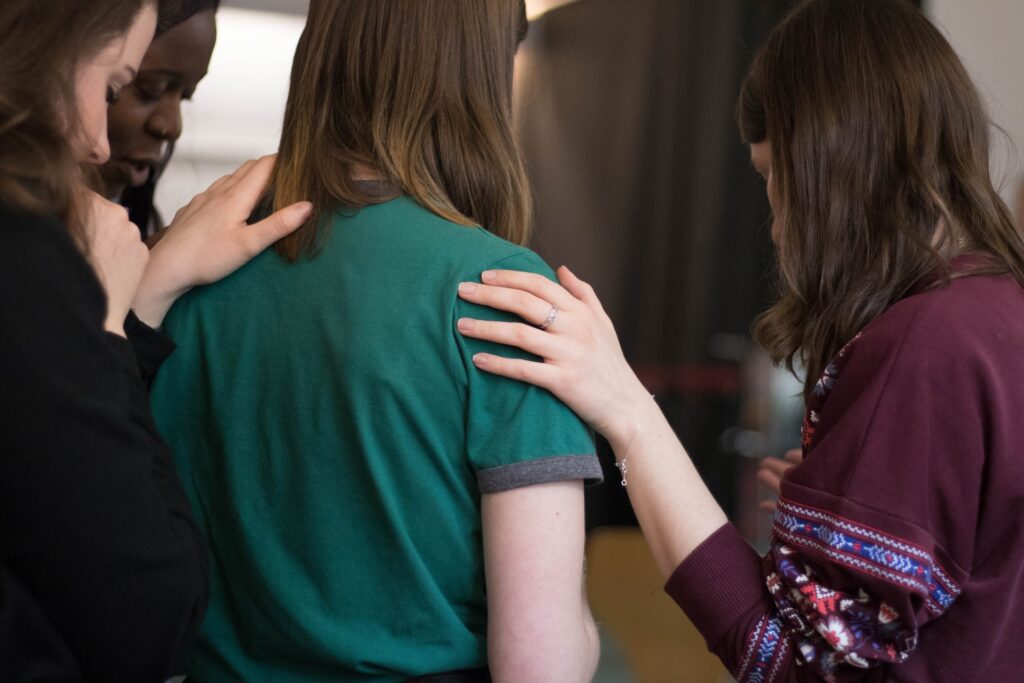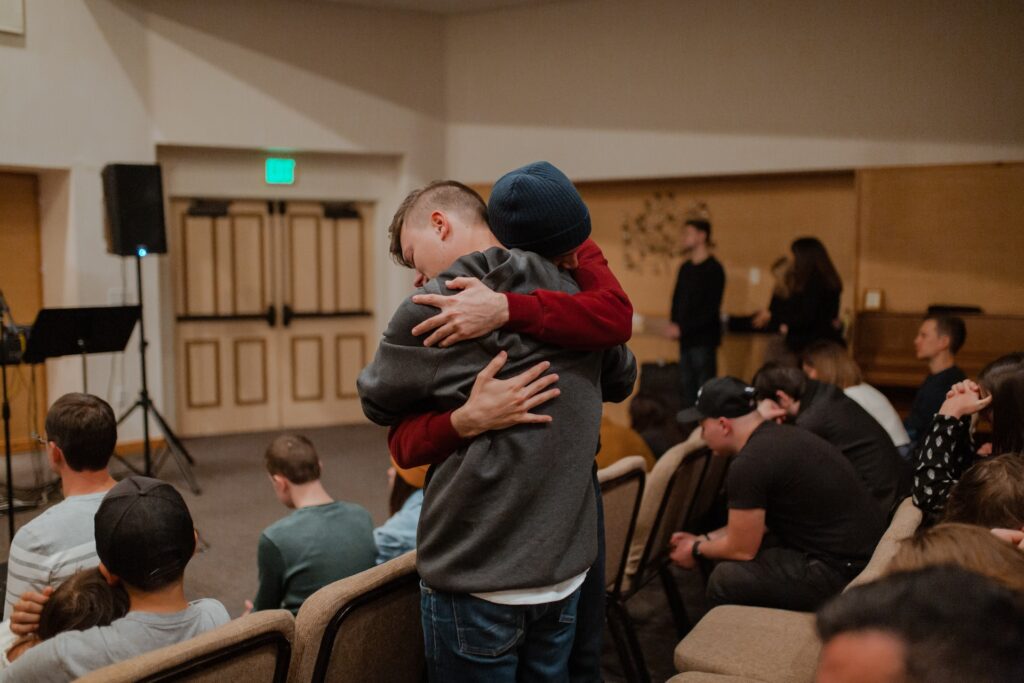Menopausal Anxiety
Menopause and Anxiety
Most women experience menopause after the age of 40 and spend a third of their life in this phase. It is a natural and important part of any woman’s life. Still, that doesn’t always make it easy to deal with. The changes that come with menopause affect a woman’s life physically and emotionally. The most recognizable changes are hot flashes, mood swings, and restless nights. But what many people may not realize is that menopause may also bring with it anxiety, panic attacks and depression.
Menopausal Anxiety
Medical studies suggest that even under normal circumstances, women are twice as likely to experience anxiety as men. However, the hormone imbalances that arise during menopause can also contribute to the development of anxiety or worsen existing anxiety and depression. Menopausal anxiety symptoms include:
- Panic Attacks
- Shortness of breath
- Fatigue
- Dizziness
- Chills
- Heart palpitations
- Chronic sweating
- Nausea
- Muscle tension
Treatments For Menopause Related Anxiety
Possible treatments for menopause-related anxiety can include hormones, hormone therapy, antidepressants, psychotherapy, or supplements for better mood. Cognitive Behavior Therapy (CBT) has been shown to be effective as a treatment for menopause. This therapy helps women examine the connections between their feelings, thoughts, and behavior. By using Cognitive Behavior Therapy, women can learn how to modify their behavior to help reduce the severity of menopausal symptoms.
Other Coping Methods For Menopause and Anxiety
- Watching your diet – Caffeine and alcohol can worsen symptoms while complex carbohydrates act as a mild tranquilizer and steady your emotions.
- Getting some exercise – This can help your body relax and serve as a stress-reliever.
- Relaxation techniques – Simply doing things that relax you such as listening to music or going for strolls through the park can have a dramatic impact on any anxiety you might experience.
- Getting enough sleep – Deep sleep is a natural relaxer.
- Maintaining a positive attitude – Focusing on negative thoughts only makes anxiety and depression worse. On the other hand, focusing on the positive can keep anxiety and depression at bay.
If you are experiencing the symptoms of menopause, anxiety and depression, speak with your doctor immediately. Seeking help can make an already difficult time of your life easier to handle and get you back to enjoying your life. For more information on menopause, anxiety, contact us online or call our office at 561-496-1094 to schedule an appointment.
Clinical Expertise and Clinical Focus
Looking for immediate help?
Contact Us Today for a Confidential Assessment.
Call 561-496-1094 or
Treatment Programs Specializing In:
Serving the whole person, not just the symptoms. In all of our programs your comfort, privacy and long-term success are paramount.
COVID-19 Trauma has become familiar to many people throughout the pandemic. If you’re experiencing trauma, PTSD, anxiety, or depression as a result of Corona virus learn about how our COVID-19 Trauma Treatment Program can help.
We offer online therapy to help people who are unable to leave their homes. Contact us and we will will schedule your confidential online assessment.
Helping people from all walks of life find deeper connection and understanding to create stronger and healthier relationships.
Anxiety disorders are the most common psychiatric illnesses affecting children and adults. When you experience anxiety that is persistent, seemingly uncontrollable, overwhelming and disabling you may have an anxiety disorder.
Mood disorders represent a category of psychiatric disorders in which the underlying problem primarily affects a person’s persistent emotional state or mood. Mood disorders are made up of depressive types and bipolar types.
Resilience can help protect a person from various mental health conditions, such as depression and anxiety, and most importantly this training improves the quality of life. Resilience can also help offset factors that increase the risk of mental health conditions, such as being bullied or previous trauma.
Children and adolescents experience normal problems of growing up due to pressures of social media, school, socializing, self esteem or family. Our youth services provide assistance in dealing with educational, social, and vocational issues.
The Trauma Institute provides highly specialized clinical services, informed by the latest cutting edge-research, for trauma survivors. We are an Institute dedicated to clinical services, community education, professional training, and research focused on trauma recovery.
Individuals or couples who want to transition into parenthood but are experiencing difficulties becoming pregnant may feel alone, frustrated, ashamed or experience symptoms of depression or anxiety. Pregnancy therapy may be a helpful outlet to help cope with these feelings and reduce stress.
Many children and adults who have weak executive functioning skills are negatively impacted in all areas of life but fortunately through assessment and intervention, executive skills can be strengthened and compensatory strategies can be learned. When these skills are well developed, children and adults can better maximum their potential and future outcomes.
Families naturally go through stages and transitions across the lifespan. Family dynamics impact each individuals’ response to daily life and major events. Therapy can help families understand their complex and ever-changing dynamics. As the family becomes an expert in their processes, they will be able to use new skills to navigate each situation with love and respect for one another.
Learning should be empowering and meaningful for all students. Our new services being offered include the teaching of strategies to maximize learning. Academic coaching and personalized learning strategies can help students learn to use patterns, meaning, body motion, mnemonics, their color spectrum, visuals and mind maps to enhance attention and working memory. When learning becomes meaningful, positive physical changes happen in the brain.
What We Treat
Other addictions and disorders
Types of Therapy
The Center offers cutting edge therapy designed to get you on the road to a speedy recovery. We will help you to learn how to live your daily life free from the fears or compulsions that inhibit you or your child’s ability to complete each day’s tasks.
More Ways to Get Help Now
The Center offers cutting edge therapy designed to get you on the road to a speedy recovery. We know that you can’t always make it into our office for your session. Which is why we now provide teletherapy. You can get support from the comfort of your own home. We offer cognitive behavior therapy, psychodynamic psychotherapy, mindfulness meditation, group therapy, and medication. Depending on your needs, here’s how you can get help now:

Online or Phone Therapy
For individuals around the country or those wanting help from the comfort of your own home, we offer therapy via Facetime, Skype or phone.
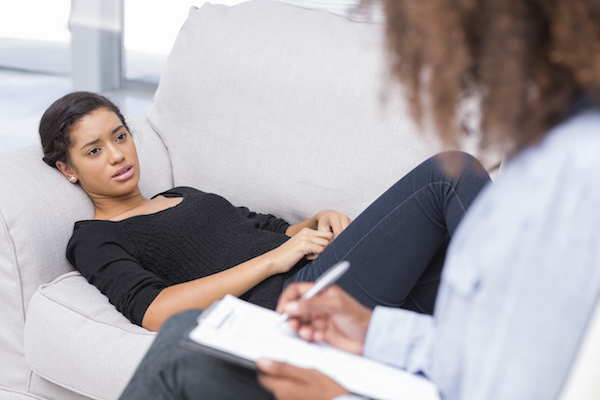
In Person Treatment
We have professionals available 7 days a week. Our offices are conveniently located in the Boca/Delray area.

Intensive Outpatient Programs
For those who prefer a more short-term approach we offer intensive sessions for individuals or groups. Perfect for those with a less flexible work schedule.
When it comes to anxiety or mood disorders we specialize in treating the whole person, not just your symptoms. In all of our programs your comfort, privacy and long-term success are paramount.
Looking for immediate help?
Contact Us Today for a Confidential Assessment.
Call 561-496-1094 or

